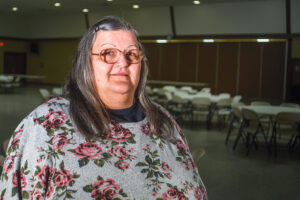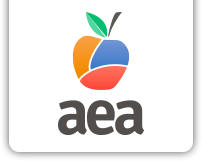Forrest City Paraprofessional Helps Students Build Reading Skills
Sharon Pierce is on the front line of Arkansas’s push to help students overcome dyslexia.
 “They’ve got to read to get along in life,” she said. “You have to have those skills to become a successful adult.”
“They’ve got to read to get along in life,” she said. “You have to have those skills to become a successful adult.”
The Forrest City School District Paraprofessional has been helping teachers for 26 years, and for the last 3 she’s also been responsible for helping students with dyslexia learn to read at Stewart Elementary.
“I take them out of the class into my room where I have my supplies set up, the program, and work with them for 30 minutes doing the reading program,” she said. “I really love it. I’d almost like to do that all day, but then I would miss helping teachers.”
Pierce was born in Mariana, about 20 miles to the south, but she’s lived in Forrest City since she was two years old. She worked in retail but left to raise two boys. When they became school age she wanted to be involved in their education
“I became a parent volunteer,” she said. “I would go into the classes when they would have birthday parties, what have you. We would take stuff in to help the teachers with that, and I really liked it.”
The volunteer work led to substitute teaching and AEA membership. When a teacher told Pierce about the association, she joined on the spot.
“I’ve actually got more years in NEA than I do under contract,” she said. “I’ve never had to use it, but I’ve felt like I have an insurance policy if I needed it. You never know when a situation might come up.”
With 87% of the school’s 521 students living in poverty, Pierce says some students can be tough to reach, and often act out.
“They don’t want to be at school, and they want to make it miserable on everybody around them,” she said. “It’s hard to get to those kids, but you just have to keep trying. You don’t know what is going on at home… I try to talk to them about making better choices. Sometimes they listen, and if they don’t you just try again.”
She applies the same strategy while working to overcome dyslexia, and is impressed by how much the children improve with the extra attention.
“You have a student that comes to you and can’t distinguish sounds and at the end of that program at the end of that year, they’re able to sound out words,” she said. “It feels like you’ve done that. You’ve helped them do that. You’ve brought it out of them. It’s a great feeling, I mean that’s what we’re there for. If we’re not helping the kids, what are we doing?”



